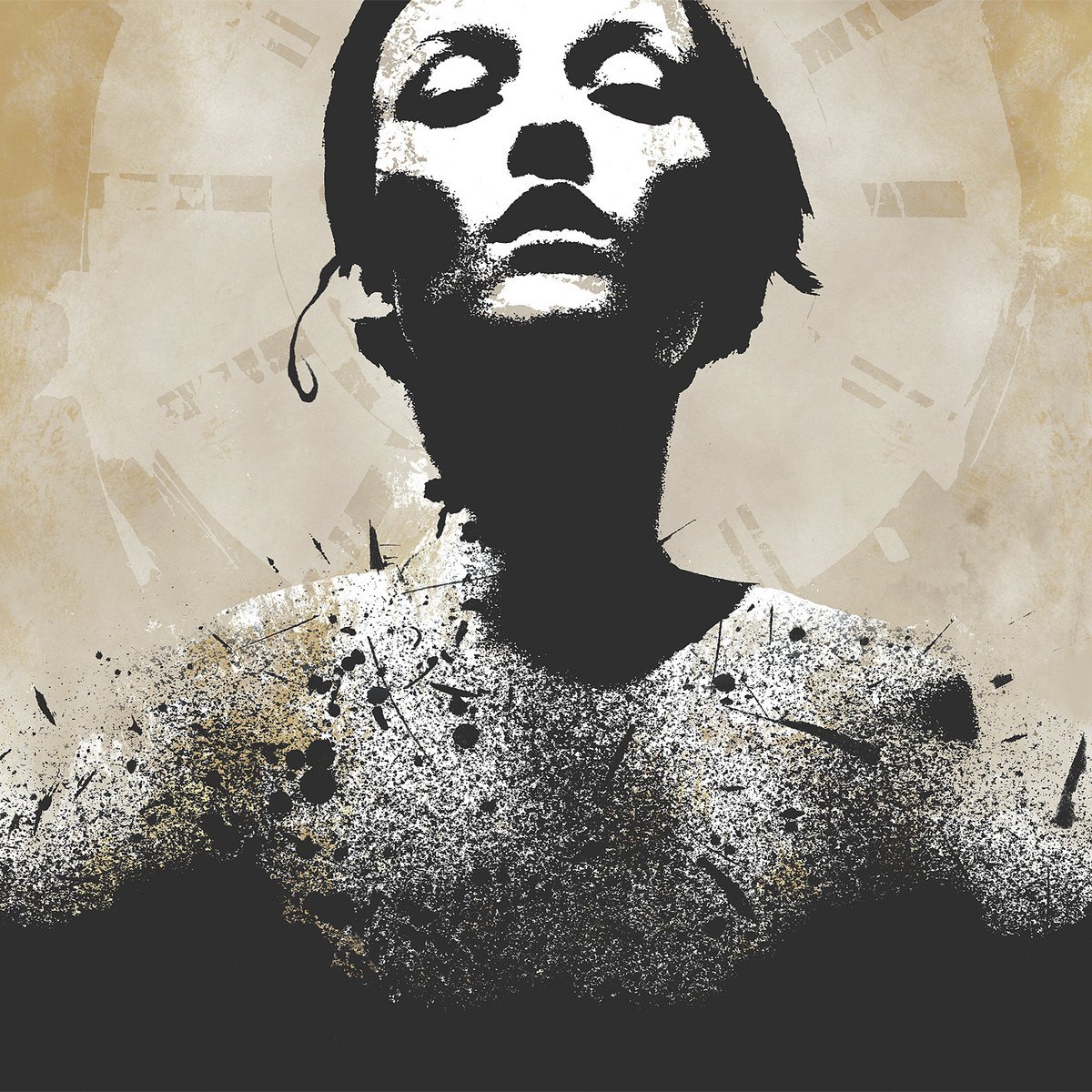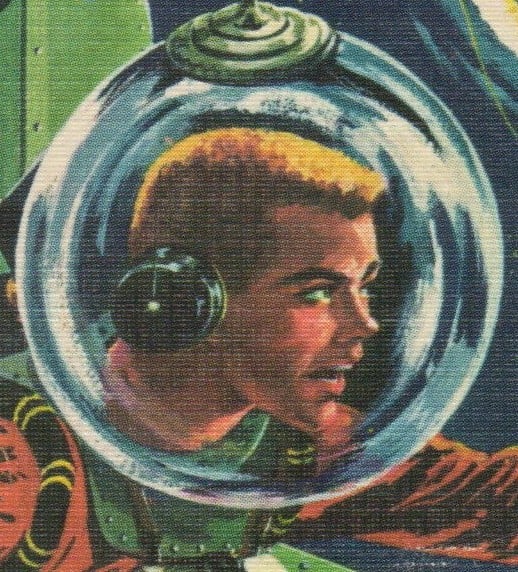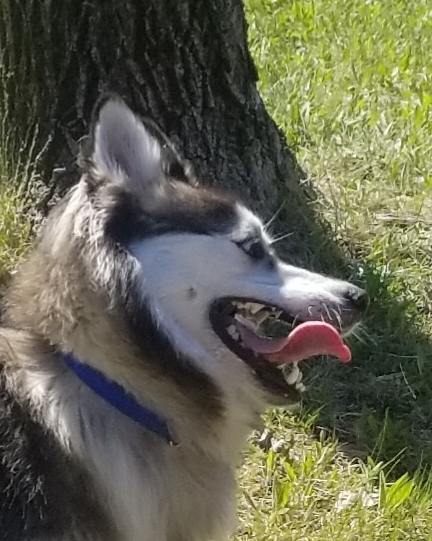I’m reading Reaper by Will Wight. It’s the 10th out of 12.
The Way of Kings.
I read all of Sanderson’s major novels in order up to this point and I’m really enjoying TWoK.
Make sure to read Secret History. It’s pretty short but really really good. Im not sure where would be the best point to put it but i read it after all the Mist Born books and Rhythm of War. Which i think is later than intended but it still felt right.
Okay, cool! I hadn’t heard of Secret History but I’m going to check it out.
If you’re sensitive about spoilers, I would wait until after reading the first 3 mistborn books.
Thanks! I actually read the whole mistborn trilogy already. I basically read through his novels in the order they were written up to The Way of Kings.
Ah, I misread your comment. I read them in a wonky order. I read the Stormlight Archive first, then backfilled mistborn, and snuck in Elantris. I basically see references I don’t get, then try and read the book they came from, then hop back to the major books.
I read it after all tree books of the first Mistborn Trilogy, I think I preferred it that way, kept more of the mystery around the events of Well of Ascension and Hero of Ages.
Edit: Totally misread the second sentence, thought they hadn’t read everything.
Dude. It’s only up from here. I started my Cosmere reading with TWoK and was instantly hooked. They’re still my favorite Sanderson stuff for sure.
The Fall of Hyperion, 2nd book in the Hyperion series by Dan Simmons
How are you finding it? I read the first one around 10 years ago and loved it but didn’t keep reading because people said the style was very different. Are you liking it and do you think it can be read as a standalone book? (as I don’t think I would remember that much of the first book).
Wheel of Time! I’m nearing the end of book three. At this pace I’ll be done with the series in about 5 years 😅
Nice Lemfriend, I am working on #2 myself. They have been really fun to read.
Still my favorite series by a mile. I grew up with the series, and would reread the whole series before a new one was released. I was crushed when Robert Jordan died because I thought that meant the series would never be finished (and he seemed like a cool dude). I was ecstatic when they picked Brandon Sanderson to finish it, partly because he’s also one of my favorite authors, but also because that dude is a machine that cranks out quality writing at an insane pace.
I just finished rereading the series for probably the 15th time a few months ago, it might be time to start again.
P.s. it’s just getting started at book 3. Lord of Chaos (#6) is one of my favorites.
Its also a disappointment that we will never get the Seanchan sequel trilogy that only had one line of notes. It really is such a shame how much story telling potential is left for this world. Like we know in general of how the first four Ages go? Granted I’m not done with the series yet, but already I can tell how much will probably go unsaid.
Yeah, that was a huge disappointment. I’m just glad Robert Jordan was able to leave enough notes to complete the series at least. I remember when he made the announcement that he had a terminal illness, and was surprised at how much he focused on the readers in that announcement. Truly a loss for the whole fantasy community when he passed.
My advice is don’t hesitate to just read the wiki/cliff notes on the chapters if things start dragging on for you. It’s worth finishing, but some of the middle books have so little that happens.
The Three-Body Problem. It’s okay but I’m having trouble understanding why it got so much acclaim.
Oooof, that’s a tough read. I sped through all three and a few years later I’m still conflicted. There’s a lot that I really appreciate about the series (including the end) and a lot that I can’t stand (no spoilers).
It’s objectively decent, but oh so wooden at points.
I’m halfway through the second book. There is a lot that’s very culturally specific and while Ken Liu provides notes for a lot of it, there’s some stuff that he doesn’t really explain, which may be part of it. Some of it is just the way things are written or described, it’s a different style.
The cultural content, particularly that set during the cultural revolution is interesting. It’s the sci fi bits that I’m finding kind of blah.
I’m currently reading I Robot by Isaac Asimov, it’s very well written and I’m finding the dichotomy between such an old view of what the future may be like with the futuristic themes quite amusing.
Would definitely recommend any sci-fi fans give it a shot. It’s not nearly at the same scale as our modern day space operas but it’s really quite interesting so far.
Network Effect by Martha Wells. I went back and re-read the previous 4 in the series and its been great fun.
I’ve only read the first two so far but they’re so good. And the length is perfect for reading in between larger novels too. How have the later ones held up so far?
1-4 are all great. This one I’m reading now was a slow starter for me, probably because of the character changes, but I’m starting to enjoy it more as I go.
Red them all last year, really enjoyed them. Can’t wait for the next one later this year
Over twenty years after first reading books one through eight (all that was released at the time), I’m finally going through all 16 books of the Wheel of Time! :D
Great! I’m on 9 right now
Currently on book 3 of Malazan (Memories of Ice) and I feel like the story is picking up so much. I love it.
Oh man, I’m on my first re-read and finished Memories a little while ago. So goddamn good.
Malazan is one of the all-time greats, IMO. Took me a couple years to get through, (had to take breaks with lighter books every now and again, especially in the back half) but what a ride, holy crap. Memories of Ice in particular was amazing. Itkovian remains one of the most compelling characters for me.
I’ve only recently been introduced to the Grey Swords but I’m already so interested in their arcs. I also love how there’s been an explosion of lore compared to the first two books. This feels like the book that really opens the Malazan world up.
Book 2 of the Powder Mage trilogy by Brian McClellan. Two systems of magic, black powder rifles, regicide, gods. Can’t put it down.
@Cmot_Dibbler @badragonfly7137 @books still reading the wandering inn book 3 and Also reading a memoir, written by a North Korean defector
Hi there! The links in your response are not clickable for Lemmy users, here are the clickable versions: [email protected]
I’m jealous that you get to experience Will Wright’s Cradle series for the first time. I can only hope his new series will be just as good.
I was reading Drew Hayes’s Spells, Swords, & Stealth series recently but I’m having trouble getting invested in the fourth book. Actually, my enthusiasm for the series has been waning since the first book ended. The central conceit doesn’t feel as fresh and charming now that there are actual canon explanations for things.
Oh, it’s not the first time through. It’s such a great series. I think this is the third time. I don’t remember books very well, so I have to reread them when a new one comes out to remember the context.
Awe, that’s unfortunate. Was it the mystery that made it interesting for you?
Spells, Swords, & Stealth is a LitRPG where the main characters are actually NPCs who randomly pick up some adventurer gear. Their adventure is actually pretty entertaining, and (spoilers):
hidden stuff
at the very end of the first book it reaches out and touches the “real world”, kind of like an in-universe fourth wall break.
The B plot is a group of people in the “real world” who are actually playing the TTRPG (as their own characters, not as the NPCs mentioned above). This, to me, is far less interesting, in the same way that the Abaddon stuff was way less interesting than Lindon’s story in Cradle. But whereas Suriel, Makiel, et al were still somewhat compelling, especially now that the series has concluded and its possible to see the full arc of their story, I found the “real world” in Spells, Swords, & Stealth to be kind of cringy to read because a lot of the human characters are overly-stereotyped “nerds”. It doesn’t help that the series doesn’t have the best writing to begin with.
Unfortunately as the series has gone on the “real world” stuff has begun to take up a larger share of the page count. Also, the plot has stopped basically dead in its tracks where I’m at in the fourth book to explain some of the mechanics of the fictional TTRPG, which is probably the worst thing an author can do in a LitRPG.
The Storm Is Upon Us - an explanation and history of what the whole QAnon hoax actually is/was including how it affected so many families when their relatives became obsessed with the conspiracy. Been meaning to read it for a while.
Sword of Destiny by Andrzej Sapkowski
I’m on the mermaid story. I get why people who read the books/play the game have issues with the show, but as someone who started watching the show first, it’s really not that bad.
Still working my way through Gravity’s Rainbow, my 3rd time ever. This time I’m using a companion/guidebook and it’s definitely helping me get even more out of it. This has been my favorite book for a long time, and still is!
Did the same. I can recommend the Pynchon in Public podcast episodes also. Helped a bit with filling in some gaps. But I just took it chapter by chapter, reading summaries in between when I needed it. Easily one of the best books I’ve ever read.
Nice, thanks for the recommendation! I will check out the podcast.
I just started The Restaurant at the end of the Galaxy. I’m slowly working my way through the Hitchhiker’s series. First book was good seeing where I’ll end up.
I’ve always felt like the first 2 are essential reading, the third is pretty good and the fourth and fifth divide people.
I’d recommend the Dirk Gently books as well, the first one especially!
Okay, I’ll check out some of his books after Restaurant. Thanks for the suggestion!
The third and last entry in Jamisin’s Broken Earth trilogy, The Stone Sky. Good God it’s great. Hard to break into the series and I always feel like I’m a step behind the plot, but not so much that I’ve lost the thread entirely and just want to give up. It’s a delicate dance between author and reader that takes such a deft and skilled touch that I’m floored by not just the skill involved but the gall it takes to skate so close to totally alienating your audience. But damn does it pay off.
A quote from it I grabbed to share earlier:
When a [society] builds [a city] atop a fault line, do you blame its walls when they inevitably crush the people inside? No; you blame whoever was stupid enough to think they could defy the laws of nature forever. Well, some worlds are built on a fault line of pain, held up by nightmares. Don’t lament when those worlds fall. Rage that they were built doomed in the first place.
Interesting quote, what’s a quick elevator pitch for the trilogy? ``
Well, I hate to phone it in, but I have tried and failed to write one a few times now. So I’ve let someone else write one for me. Take as much or as little of this as you think is worthy of “elevator pitch”; any one paragraph will do but the most condensed for your intentions would probably be the third.
The Broken Earth is set on an Earth-like planet that is constantly subjected to large-scale seismic and volcanic events. The people of this land, which is called the Stillness, live in constant fear that an Angry Father Earth will unleash an environmental disaster strong enough to trigger a Fifth Season, a prolonged winter of hardship that can last anywhere from a decade to thousands of years. The Broken Earth is a resonant and cautionary work of climate fiction at a time when hurricanes, floods, and wildfires are pummeling the globe. Disaster preparedness is the organizing principle for people of the Stillness; they build for survival among the technological remains (the “deadciv”) of a long-dead civilization, which includes large mysterious obelisks that hover above them in the sky.
Among the people of the Stillness are orogenes, people born with the ability to harness and control kinetic, thermal, and other forms of energy. They alone can quell the seismic and volcanic events that threaten the Stillness. But orogeny is illegal, and orogenes (referred to as the derogatory term “roggas” by most people in the Stillness) are regarded as less than human. Orogenes are hunted down throughout the Stillness; those that aren’t killed are enslaved by the secret order of Guardians. Even more powerful than orogenes or Guardians are stone-eaters, a humanoid species that resembles stone statues and that rarely interacts with other beings in the Stillness.
Jemisin’s series centers on the story of Essun, a 42-year-old village schoolteacher who has been hiding her identity as an orogene. The Fifth Season begins with the shattering of two worlds: Essun’s husband discovers that their children are orogenes, kills the youngest, and kidnaps their daughter Nassun; the Stillness experiences an earthquake so powerful that it triggers the worst Fifth Season the planet has ever experienced. Jemisin immerses readers in the world of the Stillness: the journey that Essun sets off on to find her daughter propels the narrative, but Jemisin tells the story through multiple points of view and from multiple points in time. It’s an ambitious task to balance complicated world-building, a well-paced plot, and a range of fully distinctive characters, let alone to do so over the course of three novels. Jemisin deftly keeps all the plates spinning.
No worries, thanks! I appreciate it all the same!
This is such a glowing review. I think I’ll check it out.
Sure. Let me reiterate that you’re thrown right in and there’s no exposition dump, no explanation of terms or of the world or that kind of thing, to guide you into the opening beats.
I didn’t appreciate this at first, but in hindsight it’s a clever way of making the reader think like one of the world’s denizens. But it’s a hard hurdle to cross. Good luck.
Oh, to possibly save you a click or two, first book is called The 5th Season.










